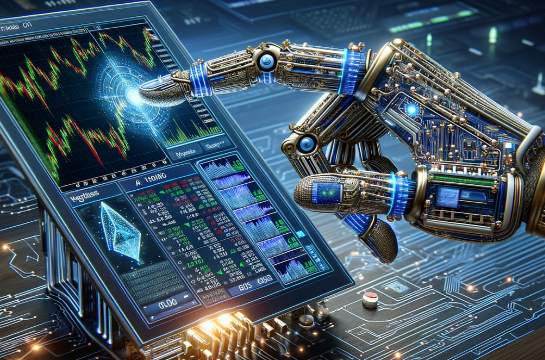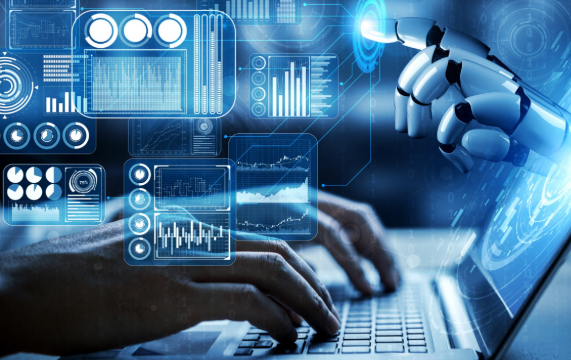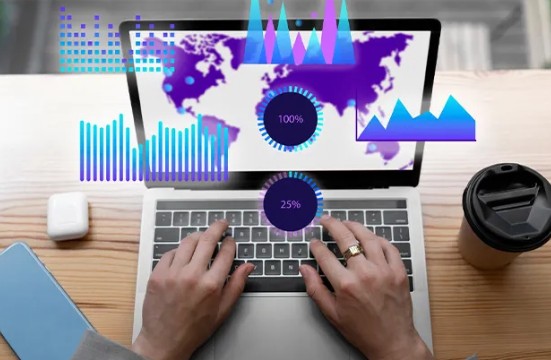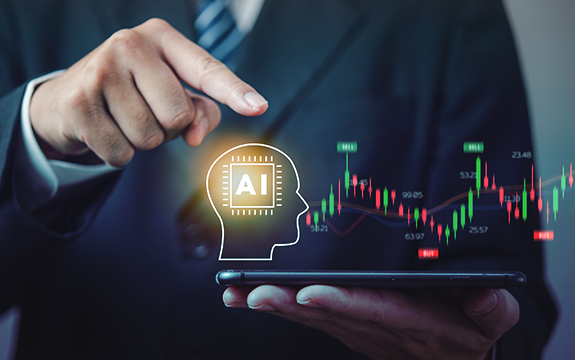The stock market has always been a battleground of strategies, intuition, and analysis. For decades, seasoned traders have relied on experience, economic indicators, and financial models to make their moves. However, with the rapid advancement of artificial intelligence (AI), the landscape of trading is evolving. Can technology truly outperform human expertise in the stock market?
The Rise of AI in Trading
AI-driven trading systems, often referred to as algorithmic or quantitative trading, use complex mathematical models to analyze vast amounts of data. These systems can detect patterns, predict trends, and execute trades within milliseconds—far beyond human capabilities. Hedge funds, investment firms, and even retail investors are increasingly relying on AI to gain an edge in the market.
Machine learning, a subset of AI, enables trading algorithms to adapt and improve over time. By analyzing historical data and real-time market conditions, these systems can refine their strategies and potentially identify profitable opportunities before they become apparent to human traders.
Strengths of AI in the Stock Market
- Speed and Efficiency – AI can process enormous datasets in seconds, making rapid trading decisions based on real-time data.
- Emotion-Free Trading – Unlike human traders who may act on fear or greed, AI executes trades purely based on data and logic.
- Pattern Recognition – AI can identify subtle market patterns that may be invisible to traditional traders.
- 24/7 Monitoring – AI-powered trading bots can analyze global markets continuously, without the need for breaks or sleep.
Limitations and Risks of AI Trading
Despite its advantages, AI is not infallible. Market conditions can be unpredictable, and no algorithm can guarantee success. Some challenges include:
- Black Box Nature – Many AI models operate in ways that are difficult for humans to interpret, making it challenging to understand why certain trades are made.
- Market Anomalies – Sudden, unexpected events such as economic crashes or geopolitical tensions can disrupt even the most advanced algorithms.
- Overfitting – Some AI models may be too reliant on past data, leading to poor performance in new market conditions.
- Regulatory and Ethical Concerns – The increasing role of AI in financial markets raises questions about fairness, transparency, and accountability.
Can AI Truly Replace Traditional Traders?
While AI has revolutionized trading, human intuition and expertise still hold value. Many successful investors use AI as a tool rather than a replacement. Human oversight remains essential to interpret broader economic trends, assess risks, and make strategic decisions that go beyond raw data.
AI and traditional trading methods may not be in competition but rather in collaboration. The future of stock trading will likely involve a hybrid approach, where AI enhances decision-making while humans provide strategic oversight.
Conclusion
AI’s role in the stock market is growing, offering remarkable speed, efficiency, and predictive power. However, it is not a magic solution. While AI can identify patterns and execute trades at unparalleled speeds, human expertise is still needed to navigate unpredictable markets. The real winners in this evolving landscape may be those who learn to leverage both AI technology and human judgment effectively.





